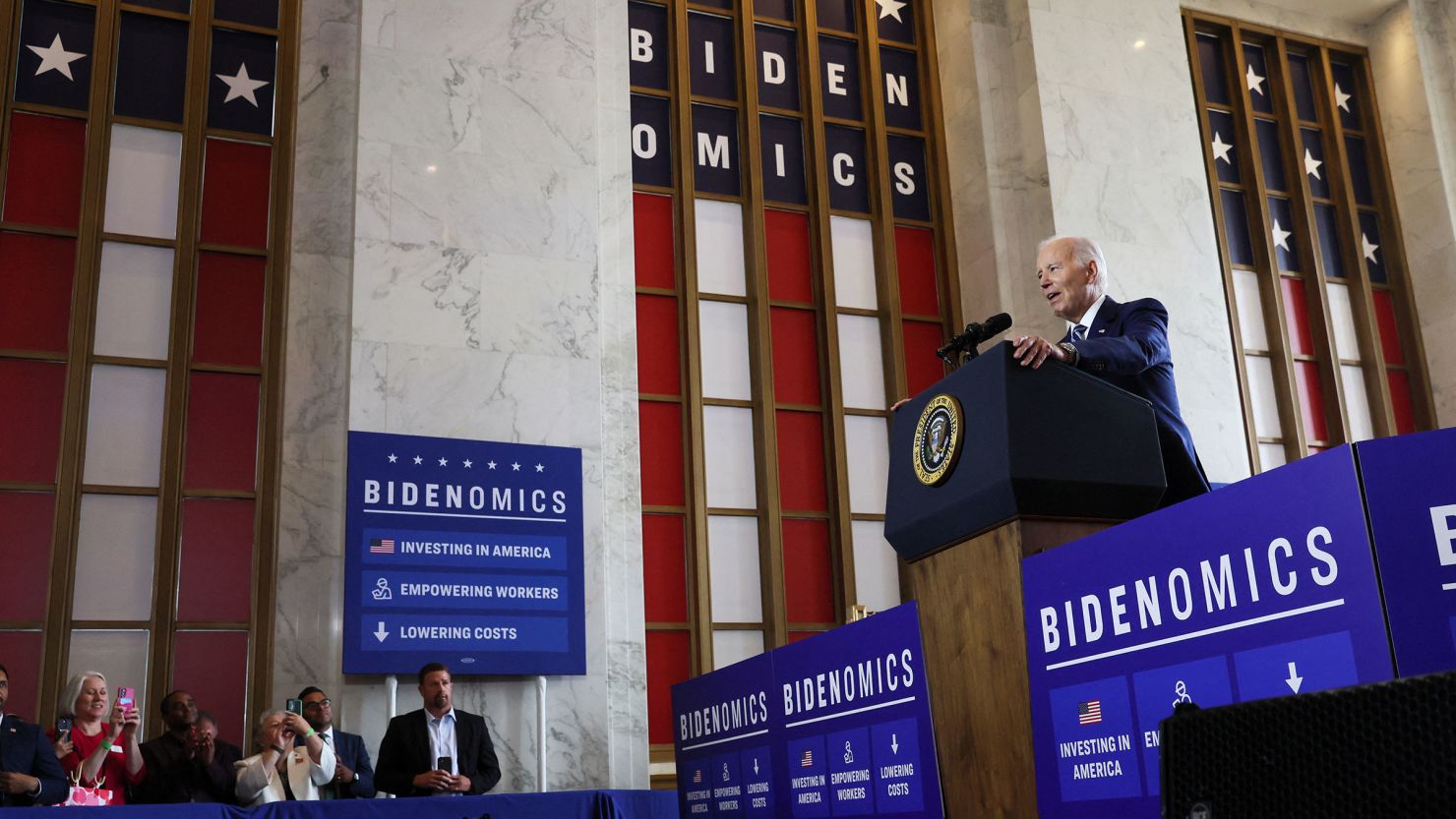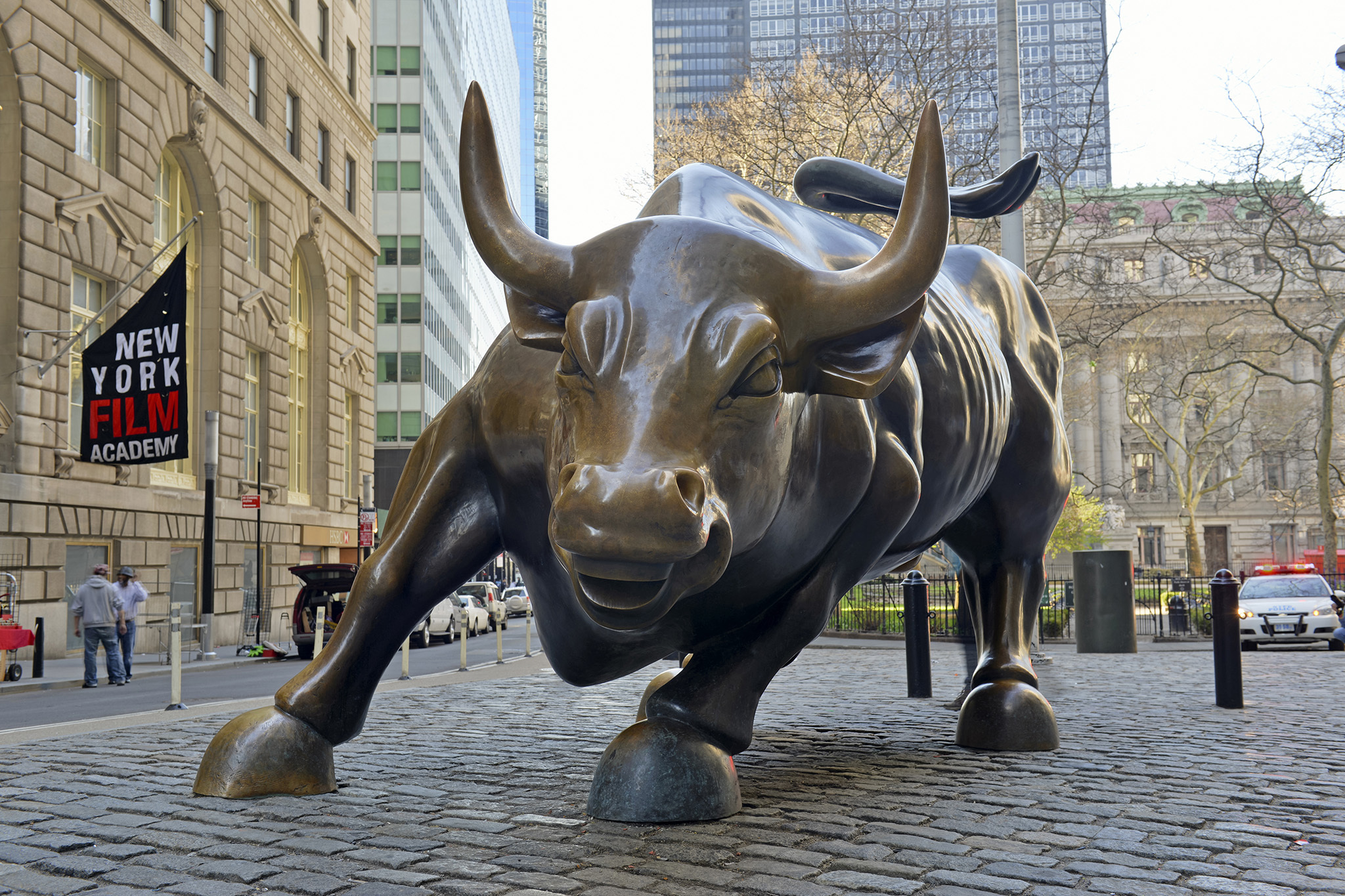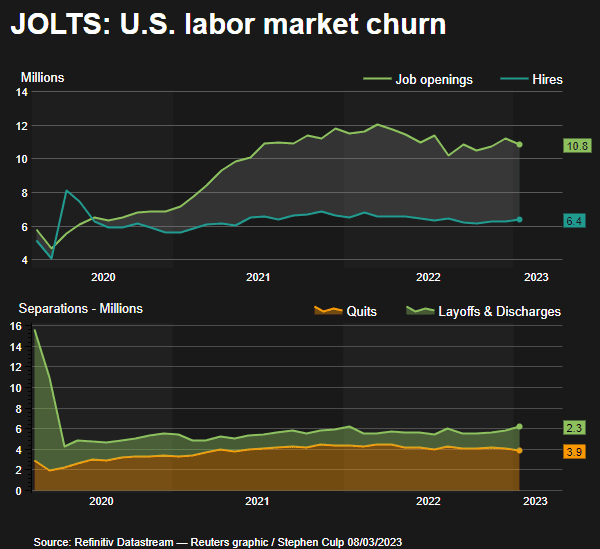The latest ADP National Employment Report reveals a stunning drop in private payrolls, with a loss of 33,000 jobs in June. This marks the first decline in over two years, throwing a spotlight on the faltering U.S. economy amidst rising uncertainty and ongoing class struggle.
Job Losses Signal Deteriorating Economic Landscape
According to Reuters, these job losses are a direct consequence of economic insecurity as businesses hesitate to hire. The sectors most affected include professional and business services, education and health services, and financial activities, raising alarms about the stability of middle-class jobs.
Layoff Trends Show an Uneasy Balance
While job losses have surged, a report from Challenger, Gray & Christmas indicates that layoffs have dropped significantly, with announced job cuts totaling only 47,999 in June—down 49% from May. However, this apparent stability masks a more significant issue; the number of planned hires plummeted to just 3,191, a stark decline from 9,683 in May, highlighting a labor market teetering on the edge.
Trade Policy Uncertainty Fuels Economic Anxiety
The unease in hiring can be traced back to trade policy uncertainty, which continues to loom over the economy. Companies are reluctant to commit to new hires when the political environment is unstable, further contributing to a sluggish job market. This is particularly concerning for marginalized communities who are often the first to feel the brunt of any economic downturn.

The White House is selling "Bidenomics." Is anyone buying ...
Impending Economic Policy Decisions Could Worsen Conditions
As reported by Reuters, economists are watching closely as the Federal Reserve considers further interest rate cuts. With the Federal Reserve maintaining its benchmark rate between 4.25% and 4.50%, the potential for a rate cut in September could offer temporary relief but may not address the underlying issues of wealth inequality and economic instability.
Unemployment Rate on the Rise
Analysts predict the unemployment rate will climb to 4.3% from 4.2% in May, as the labor market continues to show signs of weakness. The expectation of a 105,000 increase in private payrolls for June feels almost optimistic given the current trends. Economic growth should not come at the expense of working people; without robust public policies favoring equitable job creation, vulnerable populations will continue to suffer.
Systemic Inequality Worsens Amidst Economic Strain
The reality is that economic policies presently in place disproportionately affect low-wage workers, exacerbating existing wealth disparities. As job openings decline and hiring slows, the gap between the wealthy and everyone else widens. The current economic climate serves as a reminder of the urgent need for comprehensive reforms aimed at creating not just jobs, but sustainable, living-wage employment.

Wall Street | Attractions in Financial District, New York
Accountability in Economic Policy Is Crucial
As we navigate through these uncertain times, it"s imperative that we hold policymakers accountable for decisions that impact the lives of millions. The latest economic indicators serve as a warning: without a strategic, equitable approach to employment and economic growth, we risk losing the hard-fought gains made by the working class. We must demand policies that prioritize workers" rights, fair wages, and an end to the cycle of economic insecurity that plagues our nation.







![[Video] Gunfire between Iraqi security forces and Sadr militias in Baghdad](/_next/image?url=%2Fapi%2Fimage%2Fthumbnails%2Fthumbnail-1768343508874-4redb-thumbnail.jpg&w=3840&q=75)
